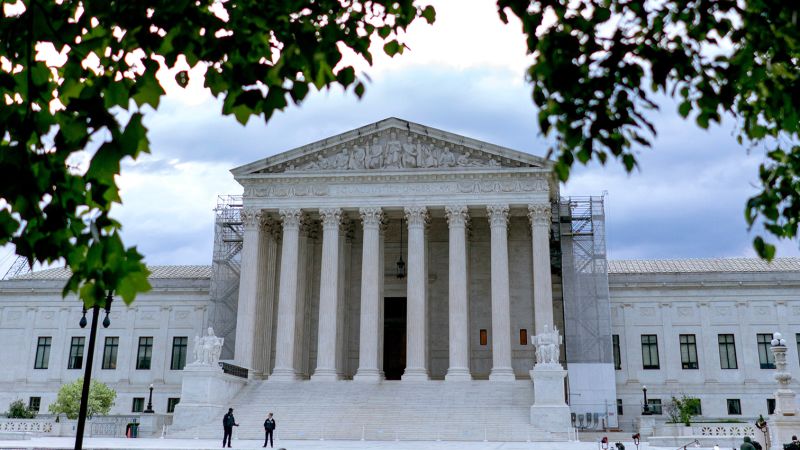The Supreme Court has allowed Texas to enforce age-verification requirements for porn sites, rejecting a request from the adult entertainment industry to block the law on First Amendment grounds. The law requires websites with content harmful to minors to verify the age of users, with challengers arguing that it infringes on free speech rights by forcing adults to identify themselves before accessing pornography. A trade group representing the industry filed an appeal at the Supreme Court, but the underlying appeal is still pending.
The Supreme Court did not provide an explanation for its decision, which is common for emergency docket decisions. The 5th US Circuit Court of Appeals previously issued a 2-1 decision allowing the Texas law to take effect, citing the state’s interest in preventing minors’ access to pornography. The appeals court justified its decision by referencing a 1968 precedent in which the Supreme Court upheld a New York law prohibiting the distribution of obscene material to minors, rather than the 1997 precedent that invalidated provisions of a federal law due to First Amendment concerns.
The Supreme Court’s decision to allow Texas’ age-verification requirements for porn sites comes at a time when the debate over regulating online content, particularly pornography, continues to intensify. The adult entertainment industry is concerned that the law will impede access to free speech online, while proponents argue that it is necessary to protect minors from the potential harms of pornography. The 5th Circuit emphasized the damage that access to pornography can cause to children and noted the difficulty in determining the age of internet users.
The adult entertainment industry has been proactive in challenging the Texas law, filing an appeal at the Supreme Court and requesting that the law be blocked while the appeal is being considered. The trade group representing the industry argues that the law infringes on the First Amendment rights of adults by requiring them to verify their age before accessing certain content online. The Supreme Court’s decision not to block the law suggests that it is taking a cautious approach to balancing concerns for free speech and protecting minors from harmful content.
Overall, the Supreme Court’s decision to allow Texas’ age-verification requirements for porn sites reflects a broader debate about regulating online content and balancing free speech rights with concerns for protecting minors. The decision highlights the complexities of addressing these issues in the digital age, where access to a wide range of content is readily available online. As the legal battles over internet regulation continue, it remains to be seen how courts will navigate the competing interests of free speech, online safety, and protecting minors from harmful content.


